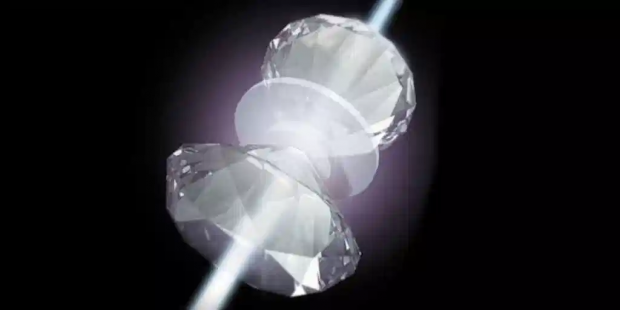
Breaking News
 Joe rogan reacts to the Godfather of Ai Geoffrey Hinton talk of his creation
Joe rogan reacts to the Godfather of Ai Geoffrey Hinton talk of his creation
 Shocking Scenes in Russia: Apartment Buildings Buried Under Massive Snowfall!
Shocking Scenes in Russia: Apartment Buildings Buried Under Massive Snowfall!
 Bill Hemmer: THIS is why Greenland matters
Bill Hemmer: THIS is why Greenland matters
 Trump Blasts Britain Over Deal To Return Diego Garcia
Trump Blasts Britain Over Deal To Return Diego Garcia
Top Tech News
 The day of the tactical laser weapon arrives
The day of the tactical laser weapon arrives
 'ELITE': The Palantir App ICE Uses to Find Neighborhoods to Raid
'ELITE': The Palantir App ICE Uses to Find Neighborhoods to Raid
 Solar Just Took a Huge Leap Forward!- CallSun 215 Anti Shade Panel
Solar Just Took a Huge Leap Forward!- CallSun 215 Anti Shade Panel
 XAI Grok 4.20 and OpenAI GPT 5.2 Are Solving Significant Previously Unsolved Math Proofs
XAI Grok 4.20 and OpenAI GPT 5.2 Are Solving Significant Previously Unsolved Math Proofs
 Watch: World's fastest drone hits 408 mph to reclaim speed record
Watch: World's fastest drone hits 408 mph to reclaim speed record
 Ukrainian robot soldier holds off Russian forces by itself in six-week battle
Ukrainian robot soldier holds off Russian forces by itself in six-week battle
 NASA announces strongest evidence yet for ancient life on Mars
NASA announces strongest evidence yet for ancient life on Mars
 Caltech has successfully demonstrated wireless energy transfer...
Caltech has successfully demonstrated wireless energy transfer...
 The TZLA Plasma Files: The Secret Health Sovereignty Tech That Uncle Trump And The CIA Tried To Bury
The TZLA Plasma Files: The Secret Health Sovereignty Tech That Uncle Trump And The CIA Tried To Bury
"Holy Grail" Metallic Hydrogen Is Going to Change Everything

Two Harvard scientists have succeeded in creating an entirely new substance long believed to be the "holy grail" of physics — metallic hydrogen, a material of unparalleled power that could one day propel humans into deep space. The research was published in January 2017 in the journal Science.
Scientists created the metallic hydrogen by pressurizing a hydrogen sample to more pounds per square inch than exists at the center of the Earth. This broke the molecule down from its solid state and allowed the particles to dissociate into atomic hydrogen.
The best rocket fuel we currently have is liquid hydrogen and liquid oxygen, burned for propellant. The efficacy of such substances is characterized by "specific impulse," the measure of impulse fuel can give a rocket to propel it forward.
"People at NASA or the Air Force have told me that if they could get an increase from 450 seconds [of specific impulse] to 500 seconds, that would have a huge impact on rocketry," Isaac Silvera, the Thomas D. Cabot Professor of the Natural Sciences at Harvard University, told Inverse by phone. "If you can trigger metallic hydrogen to recover to the molecular phase, [the energy release] calculated for that is 1700 seconds."

 Nano Nuclear Enters The Asian Market
Nano Nuclear Enters The Asian Market


